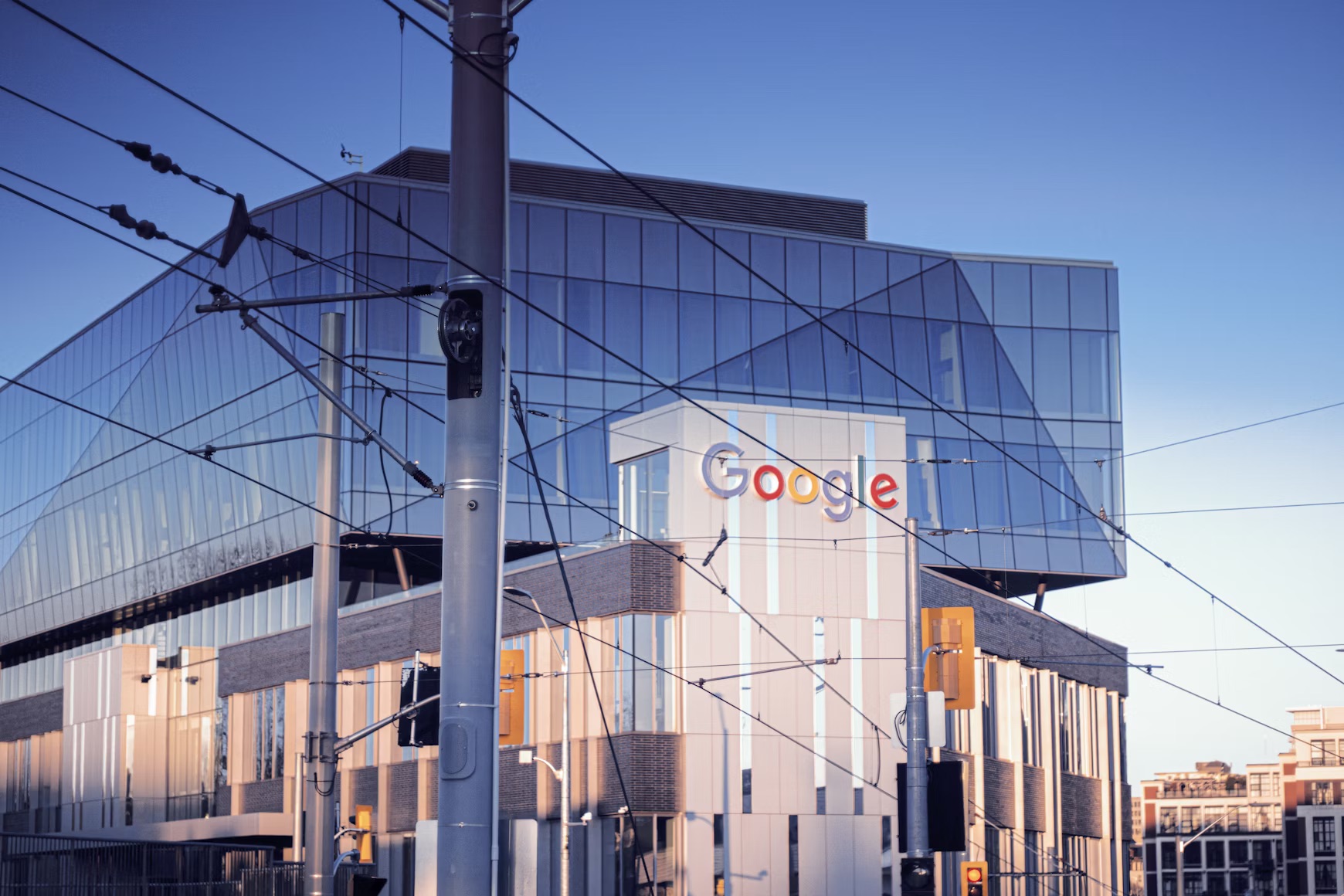
Google has rejected reports that AI-driven search features and chatbots are significantly reducing traffic to publisher websites. In a blog post Wednesday, Liz Reid, Google’s VP and Head of Search, stated that total organic click volume from Google Search has remained “relatively stable” year-over-year, with a slight increase in average click quality.
Reid noted that third-party studies suggesting dramatic drops often rely on flawed methods or isolated examples, sometimes even reflecting data from before AI features were introduced.
Shifts in User Behavior
Google acknowledged that user habits are evolving, resulting in some sites losing traffic while others gain. However, the company did not disclose how many sites are affected positively or negatively. Despite the rise in chatbot use, which has attracted more visitors in recent months, it does not necessarily imply a widespread loss for online publishers.
Google’s evolving search interface now includes “AI Overviews” that answer questions directly on search pages, and an AI chatbot for some queries. Yet Google contends these innovations do not drastically reshape the search ecosystem but rather shift user attention to different content types.
Reid explained, “People are increasingly seeking out and clicking on sites with forums, videos, podcasts, and posts where they can hear authentic voices and first-hand perspectives.”
Competition from Social and Alternative Platforms
The trend of users bypassing traditional Google Search has been ongoing. In 2022, a Google executive observed that nearly 40% of young people choose TikTok or Instagram over Google Maps or Search for local information.
Similarly, Google has expressed concern over Amazon becoming a primary destination for online shopping searches, and Reddit for research on interests. To compete, Google has enhanced its Shopping platform and added a “forums” filter in search results.
Google suggests publishers focus less on total clicks and more on the quality of traffic. The company claims it is sending “slightly more quality clicks” than a year ago, defining quality clicks as those where users stay longer instead of quickly returning to search results. Google did not specify the extent of this increase but highlighted that AI-sourced clicks tend to encourage deeper engagement.
Additionally, Google says AI Overviews provide more links than before, increasing opportunities for websites to be discovered and clicked.
Reports from sources like Similarweb indicate an increase in “zero-click” news searches—from 56% in May 2024 to 69% in May 2025—indicating fewer visits to news sites from search results. Google acknowledges this shift and recently launched publisher tools to help monetize shrinking traffic through subscriptions, micropayments, and newsletter sign-ups.
The timing of Google’s reaffirmation of stable traffic may reflect growing concerns about AI’s impact on traditional search-driven web traffic.
Author’s Opinion
Google’s claim of stable traffic masks a fundamental shift in how people discover content online. AI-powered search and alternative platforms are changing user habits, reducing reliance on traditional search clicks. While AI offers opportunities for better engagement and personalized experiences, publishers face the urgent need to diversify traffic sources and innovate monetization strategies. The future of online publishing depends on adapting to this evolving landscape, not merely relying on legacy search traffic.
Featured image credit: Cess Idul via Unsplash
For more stories like it, click the +Follow button at the top of this page to follow us.
